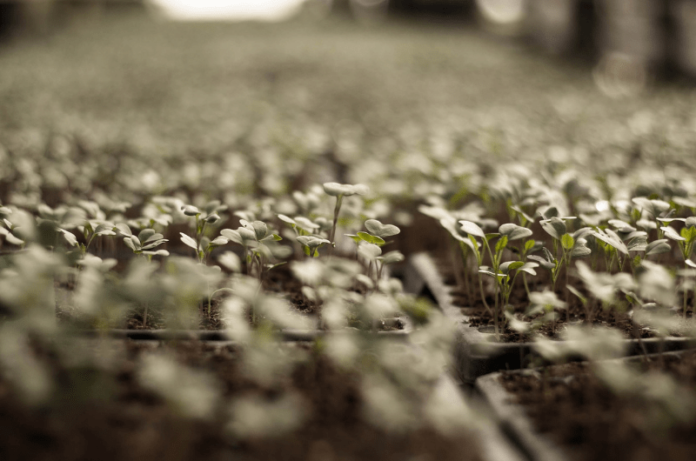Growing your preferred vegetables at home is an extremely good time. However, some silly mistakes can make things worse. So, here we will discuss the major mistakes that everyone makes and you should avoid them.
Whether you’ve been a gardener for a long years or just starting up, mistakes are unacceptable in the garden. Invest your little time in this article and start avoiding mistakes from today.
1. Early planting
When the spring arrives, most gardeners head into the garden to plant vegetables. If you live in an area where the temperature is still not appropriate for planting crops like tomatoes, pepper, eggplant, cucumber, and melon, avoid planting them. These vegetables require at least 55 degrees F temperature for the best growth. However, if you are in a hurry then plant them with extra care by planting under a milk jug, cloche or other type of protection.
2. No space between the plants
The leafy green veggies like spinach, looseleaf, and kale grow together. But there are many vegetables that need space for oxygen and extreme growth. Hence, these veggies should not be planted in the same row. For instance, tomatoes require space for good air circulation to stay healthy. Other foods like broccoli, eggplant, and sweet corn need space to grow.
3. Watering plants too little or more
For good harvesting consistent watering is essential. But when and how much- no one beginner knows about it. Hence, it is important to consider which vegetable needs more or less water. The vegetable receives too much water, if the soil absorbent power is strong. However, veggies like melon and tomatoes may crack if watering is inconsistent.
Experts suggest avoiding excess water because they usually make the crops yellow. The only way to balance the water use is to check the soil absorbent power.
4. Longer sun time
Do you know six hours of direct sunlight is enough for vegetables? However, veggies like lettuce and spinach need partial light for healthy growth. If you don’t have a sunny place then try to plant veggies in big containers or pots, because you can move them easily to avoid too little and too direct sunlight.
5. Ignore soil quality
Healthy growth of vegetables depends on the soil’s quality. Hence, soil improvement is essential. You can do it by adding manure, cattle dung, and shredded leaves. You can even take a soil test to know whether it is required for veggies or not.
Now you know the mistakes, so start improving from today and enjoy the healthy vegetable garden.



